Drilling Down Deep: How Oil and Gas Animation Explains Complex Processes
In the dynamic and intricate world of oil and gas exploration, communication of complex processes is often a challenge. The industry involves a myriad of intricate procedures, from drilling to refining, and conveying these processes to stakeholders, investors, or the general public can be a daunting task. This is where the power of oil and gas animation comes into play.
Oil and gas animation serves as a transformative tool in simplifying complex concepts and making them accessible to a broader audience. Whether it’s illustrating the intricate dance of drill bits through layers of the Earth or depicting the refining of crude oil into valuable end-products, animation has proven to be an invaluable medium for conveying these processes with clarity and precision.
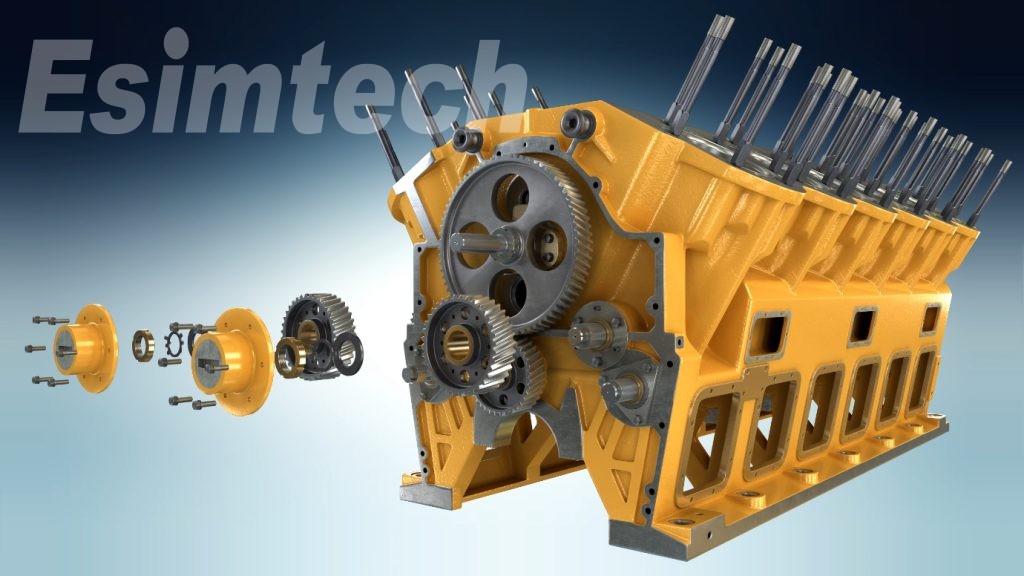
The Power of Oil and Gas Animation
Unlike static images or dry text, animation possesses a unique ability to transcend the limitations of reality. It can shrink us down to the microscopic level, revealing the fascinating dance of oil and gas molecules within a reservoir. Or, it can whisk us away on a whirlwind tour, encompassing vast landscapes and showcasing the intricate network of pipelines that deliver these resources across continents. Time becomes malleable, allowing us to witness geological processes unfolding over millions of years within seconds, providing a clear understanding of complex formations like shale plays or the dynamic process of fracking.
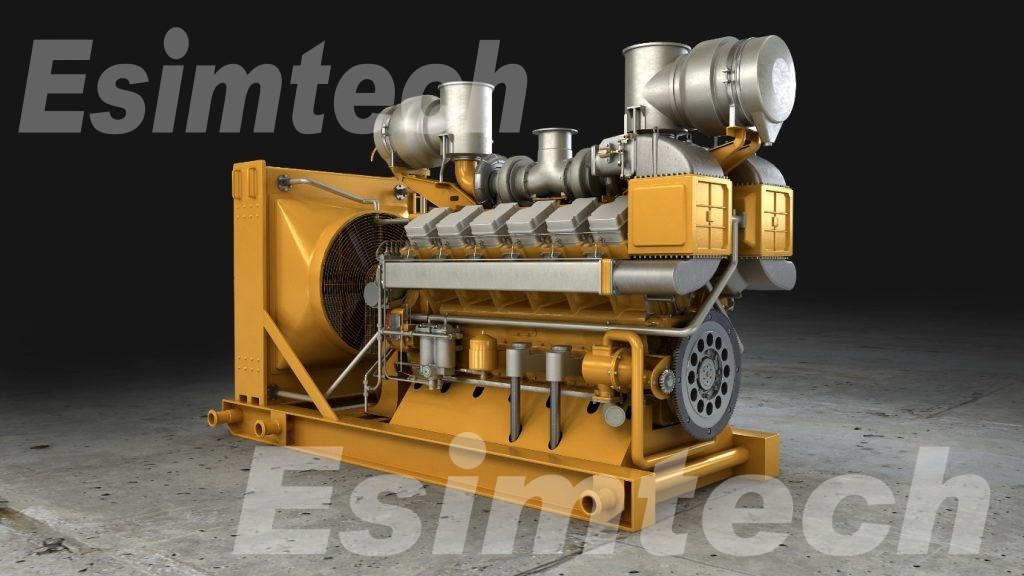
But the power of animation goes beyond mere visualization. It can:
1. Break Down Barriers of Comprehension
Complex scientific concepts, often laden with jargon, can be distilled into visually compelling narratives that resonate with audiences of all backgrounds. Animation can translate technical details into digestible chunks, fostering understanding and engagement.
2. Spark Curiosity and Ignite Imagination
By bringing inanimate objects to life – from towering drilling rigs to intricate subsea pipelines – animation captures attention and fuels curiosity. This fosters a desire to learn more about the intricacies of the industry and the hidden forces at play.
3. Raise Awareness of Challenges and Opportunities
Animation can effectively depict the environmental and social challenges associated with the oil and gas industry, showcasing the impact of spills, emissions, and habitat destruction. This can spark important conversations about sustainability and responsible resource extraction. It can also highlight the industry’s efforts towards innovation and cleaner technologies, fostering a sense of optimism and hope for the future.
4. Bridge the Gap Between Experts and the Public
By making complex topics visually engaging and accessible, animation can bridge the gap between industry experts and the general public. This fosters informed dialogue, promotes better decision-making, and contributes to a more sustainable future for the industry as a whole.
The oil and gas industry is not just about pipelines and rigs; it’s a dynamic world of intricate processes, cutting-edge technologies, and ongoing challenges. Animation, with its unique ability to visualize the invisible, can demystify this world, spark critical conversations, and inspire a deeper understanding of the resource that fuels our modern lives.
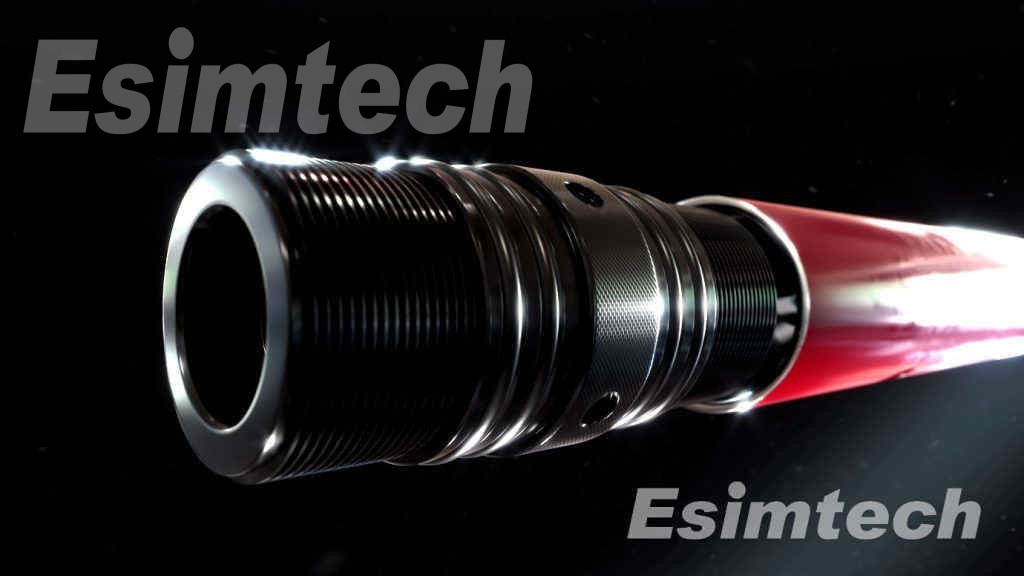
Breakdown of Oil and Gas Animation Process
In the dynamic realm of the oil and gas industry, effective communication of intricate processes is paramount. Bridging the gap between complexity and accessibility, oil and gas animation emerges as a critical tool in conveying these intricate details to diverse audiences. Here’s an in-depth look at the systematic breakdown of the oil and gas animation process.
1. Research and Conceptualization
In the initial phase, animators collaborate closely with subject matter experts to gain a profound understanding of the specific oil and gas processes and technologies in focus. This collaboration not only ensures the animation’s accuracy but also aligns it with industry standards, laying the foundation for a comprehensive visual narrative.
2. Scripting
With a wealth of information at their disposal, animators craft a script that serves as the backbone of the animation. This script meticulously outlines the narrative, key messages, and the sequential flow of events. Striking a delicate balance between technical precision and accessibility, the scripting process ensures the animation effectively communicates its intended message.
3. Storyboarding
Visual planning takes center stage in the storyboarding phase. Animators translate the script into a series of still images, providing a visual roadmap for the animation. Crucially, this step allows for early stakeholder feedback, ensuring the animation resonates with both technical experts and a broader audience.
4. Animation Production
The core of the animation process involves bringing visual elements to life. Beginning with the creation of 2D or 3D models, animators meticulously texture and light these models for enhanced realism. The animation itself comprises dynamic movements illustrating complex processes, accompanied by visual effects that emphasize critical details. This intricate dance of art and science captures the essence of the oil and gas industry in a visually compelling manner.
5. Review and Feedback
Stakeholder reviews are pivotal for refining the animation. Feedback from subject matter experts, project stakeholders, and potential end-users guides iterative improvements, ensuring the animation meets industry standards and effectively communicates the intended message.
6. Finalization
In the finalization phase, animators polish the animation to perfection. Fine-tuning visual elements, optimizing details, and conducting rigorous quality assurance checks ensure the animation is not only visually striking but also technically sound and free from discrepancies.
This comprehensive breakdown underscores the strategic blend of technical expertise and creative finesse, positioning oil and gas animation as an indispensable conduit for communicating the intricate processes of this dynamic industry.
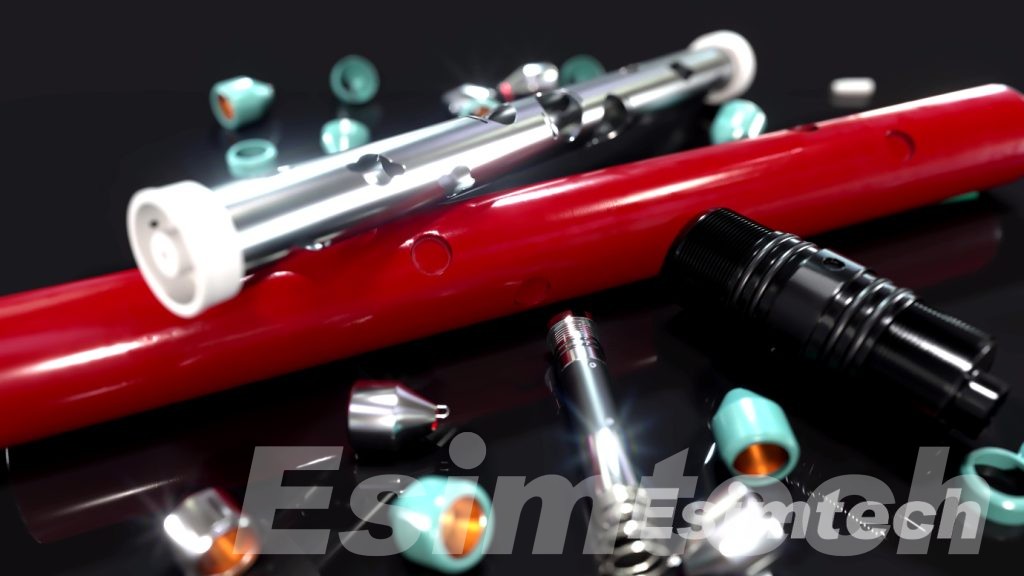
Examples of Esimtech Oil and Gas Animation
Leading innovators like Esimtech are harnessing the power of oil and gas animation to make a real difference. Here are a few examples of their impactful projects:
1. Oil Drilling and Well Control Animation
The animation displays the internal framework, operational principles, assembly, and disassembly procedures of drilling and well control devices. This allows students to acquaint themselves with the components and principles of these devices, gain proficiency in examining and commissioning the primary working systems, and develop the ability to analyze and assess the operational conditions of the devices, enabling them to promptly identify and address issues.
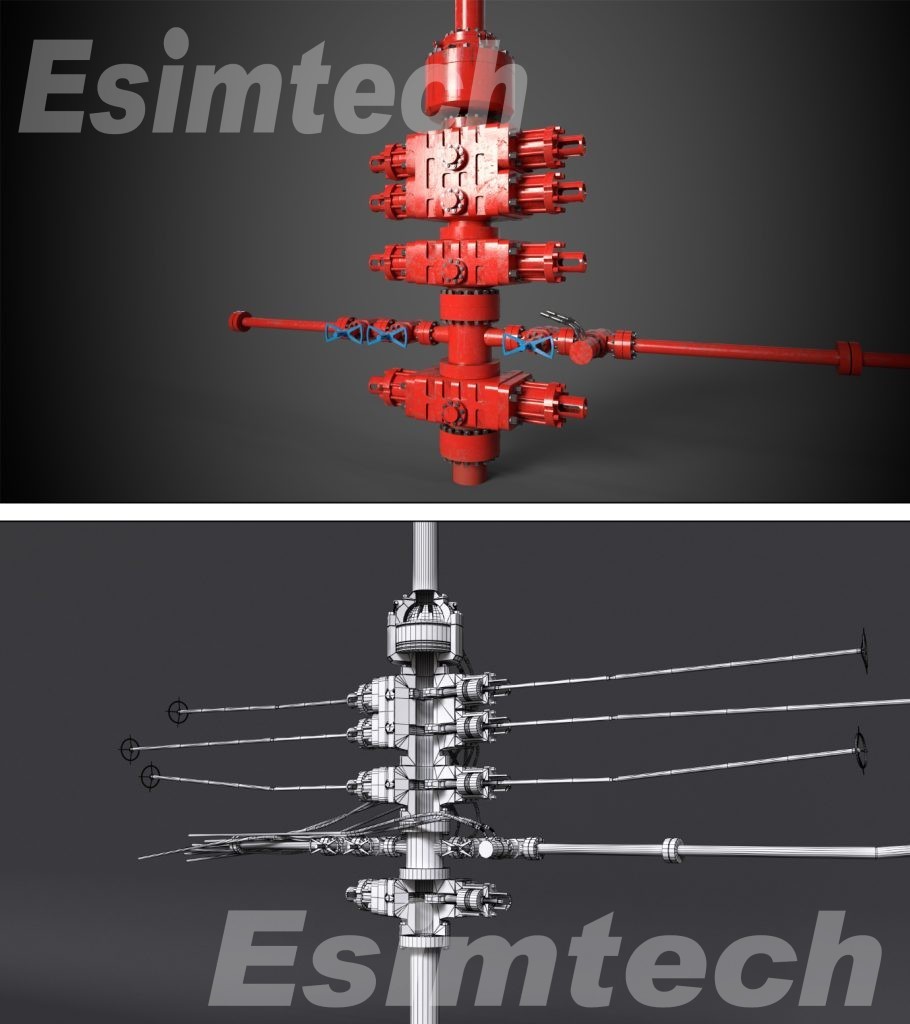
2. Animation of Diesel Engine Assembly and Disassembly
By utilizing an exploded view, the animation showcases the internal structure and key elements of the diesel engine and its components. The assembly, disassembly, examination, maintenance, and operational principles of diesel engines are presented through animated visuals, accompanied by subtitles and dubbing. This animation serves to acquaint students with the operational principles of diesel engines, enabling them to proficiently understand and conduct examinations and commissioning of a diesel engine’s primary working system.
3. Animation Of Downhole Tools Assembly And Disassembly And Working Principle
The internal structure and components of downhole tools are revealed through an exploded view, semi-section, and translucent shell. The assembly, disassembly, and working principles of the tools are illustrated through animated visuals, complemented by subtitles and dubbing. This animation aims to empower students with a comprehensive understanding of the function, working principles, operation, and maintenance of downhole tools.
4. Land Rig Installation Animation

The land rig installation animation comprehensively depicts the entire process, starting from the baseline drawing to the installation of each of the 198 components, culminating in the rising of the derrick. This animation serves as an authentic representation of the actual installation procedure. By watching the animation, users gain a clear and comprehensive understanding of the entire land rig installation and elevation process.
Conclusion
In conclusion, oil and gas animation is no longer a futuristic concept; it’s a transformative tool shaping the present and future of this critical industry. By bridging the gap between technical details and public understanding, it fosters informed dialogue, responsible practices, and sustainable progress. As we delve deeper into the Earth’s hidden resources, let us harness the power of animation to illuminate the path forward, for the benefit of both industry and society as a whole.

